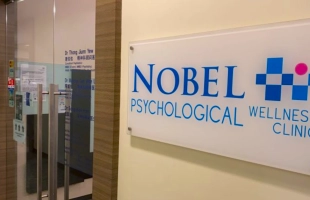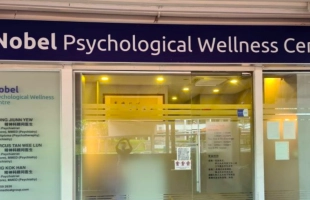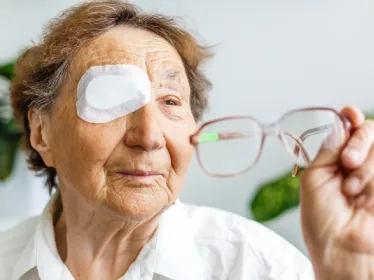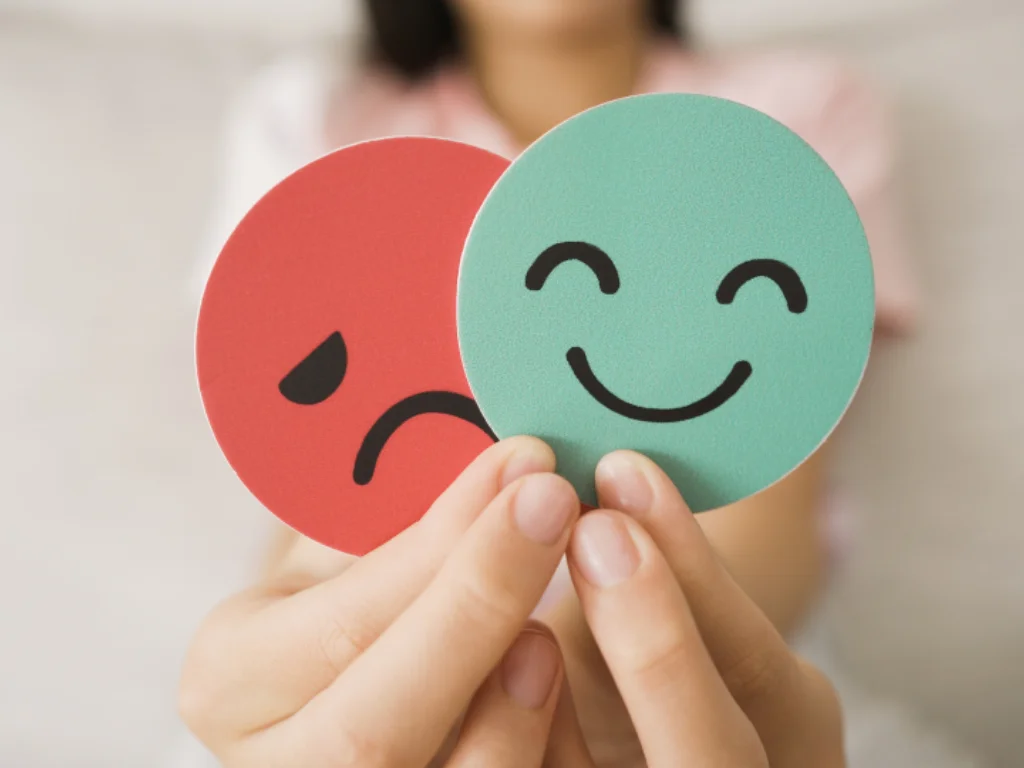
“I am just tired.”
“I do not feel like going out today.”
“I am fine. Just busy.”
We hear these words all the time. They come from friends, family, and sometimes even ourselves. On the surface, they seem ordinary. But what appears to be tiredness or stress may be something more.
Depression does not always look like overwhelming sadness. It often hides behind cancelled plans, sudden irritability, or quiet withdrawal. Many people appear to be coping well, when in fact they are struggling in silence.
This is why recognising the signs is so important. The sooner we notice them in ourselves or someone close to us, the sooner we can seek help and start the journey to recovery.
Depression Comes in Different Forms
Depression does not take just one form. It can show up differently depending on a person’s biology, environment, or life experiences. Here are some common forms of depression:
- Major depressive disorder involves persistent sadness or hopelessness that lasts for weeks or longer.
- Dysthymia is a chronic, lower-grade depression lasting two years or more.
- Bipolar disorder includes extreme mood shifts between depressive episodes and emotional highs.
- Depression with psychosis includes mood symptoms along with hallucinations or delusional thinking.
- Perinatal depression occurs during pregnancy or after childbirth.
- Premenstrual dysphoric disorder causes severe emotional symptoms before menstruation.
- Depression related to illness or life events is triggered by medical conditions or stressful changes.
Understanding these variations can reduce judgement and increase empathy. Most importantly, it reminds us that depression can be treated, no matter what form it takes.
No One Is Too Young or Too Old
You often hear people asking: “Why are so many kids these days depressed?” Although sometimes said in passing, the concern is valid. The truth is that no one is too young or too old to face mental health challenges.
Teenagers and Hidden Struggles
It is common for teenage mood changes to be dismissed as part of growing up. However, many adolescents quietly experience real distress. Among young people, especially girls, symptoms may include:
- Harsh self-criticism
- Withdrawing from friends
- Changes in appetite or sleep patterns
- A persistent feeling of emptiness
Because many teenagers continue to manage school or social events, their symptoms can go unnoticed.
Postpartum Depression in Mothers
Postpartum depression is not just about feeling emotional after birth. In Singapore, it is a serious mental health concern that affects both mother and child if left untreated. It can interfere with bonding, sleep, and emotional wellbeing, and deserves compassionate care.
Working Adults and Mental Exhaustion
For many professionals, depression does not arrive dramatically. It builds slowly under the surface, appearing as low energy, forgetfulness, or frequent illness. In fast-paced environments like Singapore, prioritising mental health is often overlooked.
At any age, depression can be hard to recognise, especially when it hides behind everyday behaviours.
Recognising Depression Beyond Sadness
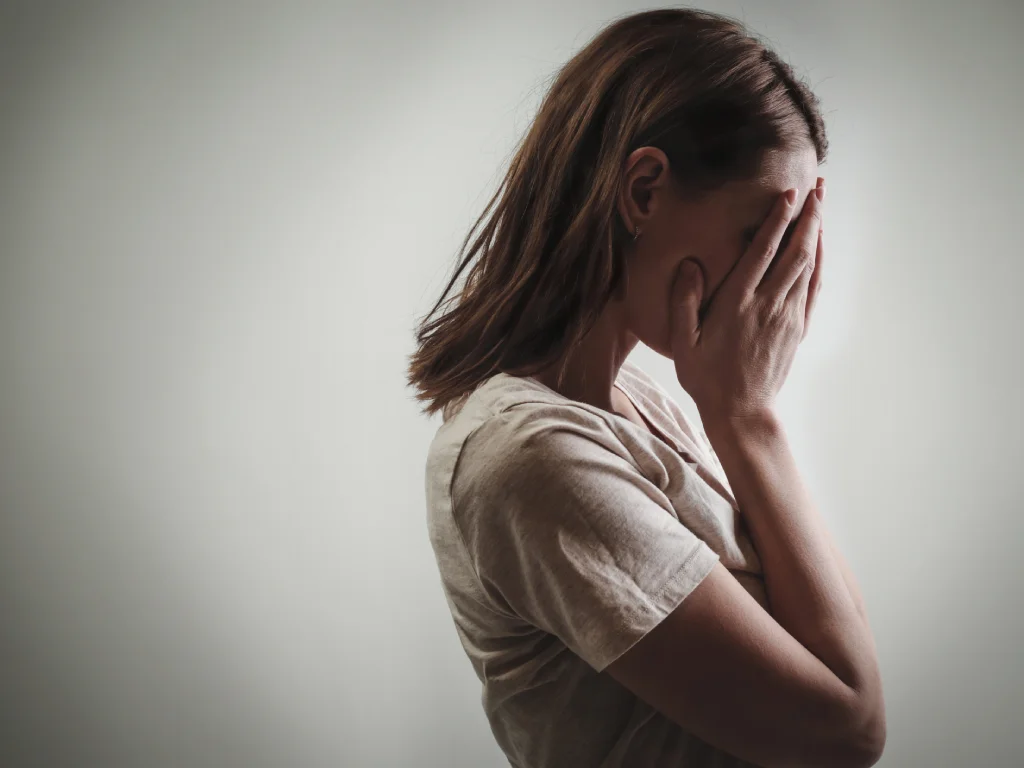
Most people imagine depression as constant crying or an inability to get out of bed. While these symptoms do occur, many people live with depression that looks very different.
Here are some of the less obvious signs that may suggest something deeper is happening.
Fatigue Despite Rest
A person may sleep all night yet still wake up feeling exhausted. This is not just a matter of being unfit or burned out. Depression affects the brain’s chemistry, draining energy even when the body is at rest.
Irritability or Unusual Mood Changes
Not everyone with depression feels sad. Some people become frustrated, angry, or restless. This is especially common among men and teenagers, who may be described as moody when they are actually struggling with their emotions.
Trouble Concentrating or Making Decisions
Missing deadlines, zoning out during conversations, or feeling stuck when making simple choices are not always signs of distraction. Depression affects the brain’s ability to process and focus.
Physical Discomfort Without Explanation
Recurring stomach aches, headaches, or muscle tension with no medical cause are common in people with depression. The brain and body are deeply connected, and emotional pain often finds a physical outlet.
Loss of Interest in Daily Life
A clear warning sign of depression is when someone no longer finds joy in the things they used to love. A hobby becomes boring. Social events become a burden. This is not laziness. It is the brain losing the ability to experience pleasure.
On their own, these behaviours may seem minor. But when several appear together, they may be signs of depression. Early recognition makes a real difference.
Caring for Someone Who May Be Depressed
You do not need special training to support someone facing depression. What matters most is showing that you care.
Here are a few meaningful ways to help:
- Listen without judgement and allow them to speak freely.
- Check in regularly with a kind message or quiet companionship.
- Encourage professional help through counselling or speaking to a psychiatrist, if they are open to it.
- Stay patient and present, even when you are not sure what to say.
Small gestures often carry the most weight. Your presence can remind someone that they do not have to go through this alone.
Support Is Closer Than You Think
Recognising symptoms is only the beginning. Whether you notice them in yourself or in someone close to you, the next step is seeking support. Depression is treatable, but only if action is taken.
With timely counselling, therapy, or medical treatment, many people rediscover energy, balance, and hope. If you are concerned about your own wellbeing, or worried about a friend or loved one, reaching out early can make all the difference.
You can speak to a counsellor or psychiatrist at Nobel Psychological Wellness Centre to learn more about depression and the support available. Confidential counselling in Singapore is more accessible than you may think. No one needs to face depression alone and recognising the signs is the first step towards recovery.






